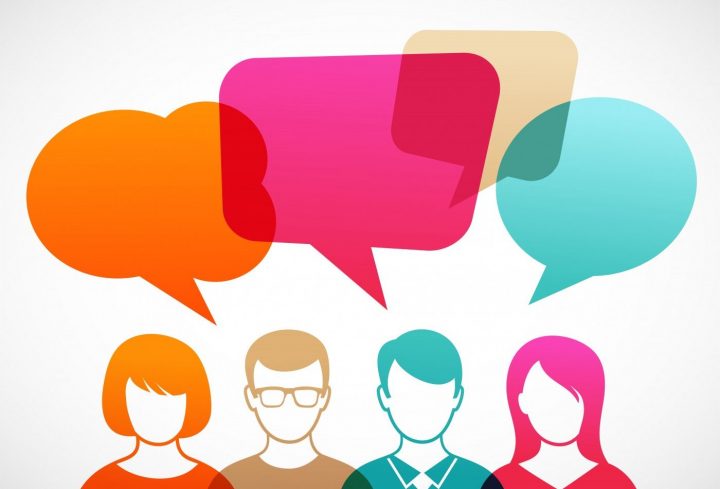Yeah, It Could be Worse, but So What?

“It could be worse” is a sentiment I hear fairly often. It’s often said after I express sympathy for someone’s situation — such as when someone worked until 10 p.m. instead of leaving at 6. It’s as if the sympathy is unwarranted because it wasn’t the absolute worst situation it could have been. I understand that often it’s said to make the other person feel better about their own situation, but logically, it doesn’t make sense to me as a justification.
Technically, as long as you’re alive, it could always be worse. So at what point do people stop using that expression? Sure, it could simply imply that the situation is so insignificant that there is no point wasting energy by being upset. Like when a barista puts the wrong syrup in your drink. But if that is the case, why not just say that? I think this sentiment is just a way to invalidate whatever emotion you have toward the situation.
Don’t get me wrong — it would take a lot of energy to be upset about absolutely everything or wallow forever in everything that is wrong. However, I don’t think it should be as normal in society to brush off emotions because it could be worse. I deal with things by complaining about them.
Do I remember every time someone walked really slowly in front of me on a narrow sidewalk? No, I do not. Have my parents and friends heard me complain about it? Yes, they have. By no means is that the worst thing that could happen to me on a sidewalk (especially with the terrifying driving in Boston). But that doesn’t mean my annoyance is invalid.
A similar sentiment that also makes no sense to me is that others have it worse, so why should I be upset about my situation? Based on that logic, only one person in the entire world is allowed to be upset about anything. The difference with this sentiment and a simple “it could be worse” is that it feels as if there should be a sense of gratefulness for not being the worst off. It is as if you are being told to find happiness in others’ suffering. While there are many situations in which it is great to laugh at the misfortune of others (schadenfreude, anyone?), I shouldn’t be told to use others to make myself feel better.
I think that with Huntington’s, it can be really easy to say (or maybe be told) that it could be worse, or that others have it worse, especially after the diagnosis, which results in the upset feelings being invalidated. Yes, it could be worse and others do have it worse, but that doesn’t mean I don’t feel crappy sometimes. That doesn’t mean I think Huntington’s is fair. It doesn’t mean that I am fine with what’s to come with my mother’s diagnosis, either. And it doesn’t mean that I can’t be upset.
***
Note: Huntington’s Disease News is strictly a news and information website about the disease. It does not provide medical advice, diagnosis, or treatment. This content is not intended to be a substitute for professional medical advice, diagnosis, or treatment. Always seek the advice of your physician or other qualified health provider with any questions you may have regarding a medical condition. Never disregard professional medical advice or delay in seeking it because of something you have read on this website. The opinions expressed in this column are not those of Huntington’s Disease News or its parent company, Bionews Services, and are intended to spark discussion about issues pertaining to Huntington’s disease.







Denise Zukow
Perfectly put. I have heard that one so many times regarding HD. Oh that and "well you could get hit by a bus tomorrow" like you're supposed to feel lucky that you only have HD, not getting hit by a bus.
Alexus Jones
Hi! Thank you for reading my column! I don't think that it's something to feel lucky about, and it's totally fair to be upset about it.